Spirit of Sport Blog
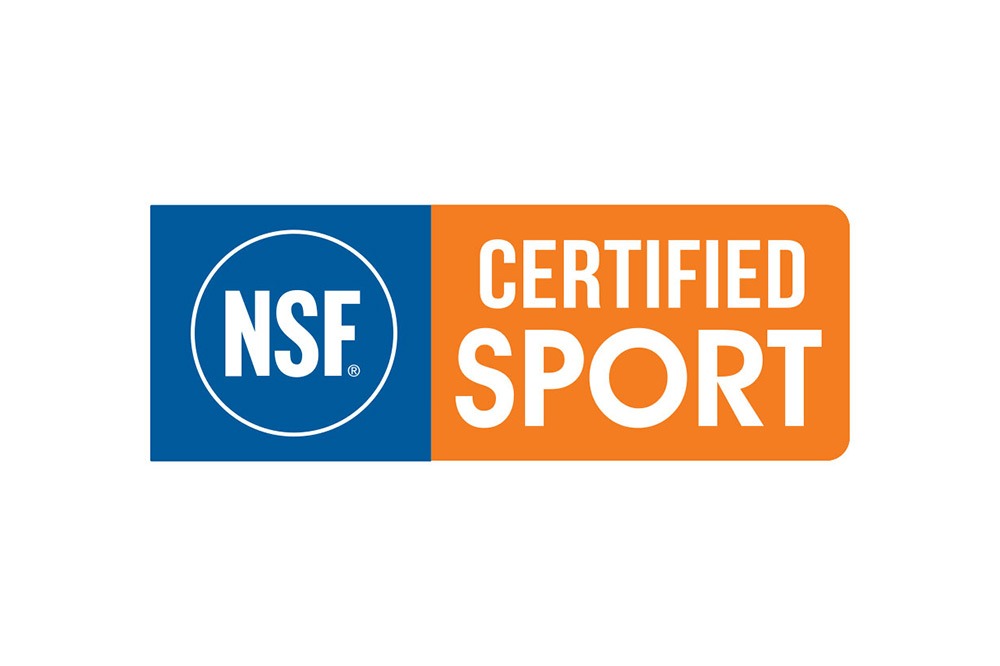
Athlete Advisory: Always Verify Third-Party Certified Logos on Dietary Supplements
Third-party certification logos on dietary supplement labels are being misused, and you can’t rely only on the presence of third-party certification logos.

What Athletes Need to Know About Exosomes
Answers to some commonly asked questions about therapies involving extracellular vesicles, such as stem cell exosomes.
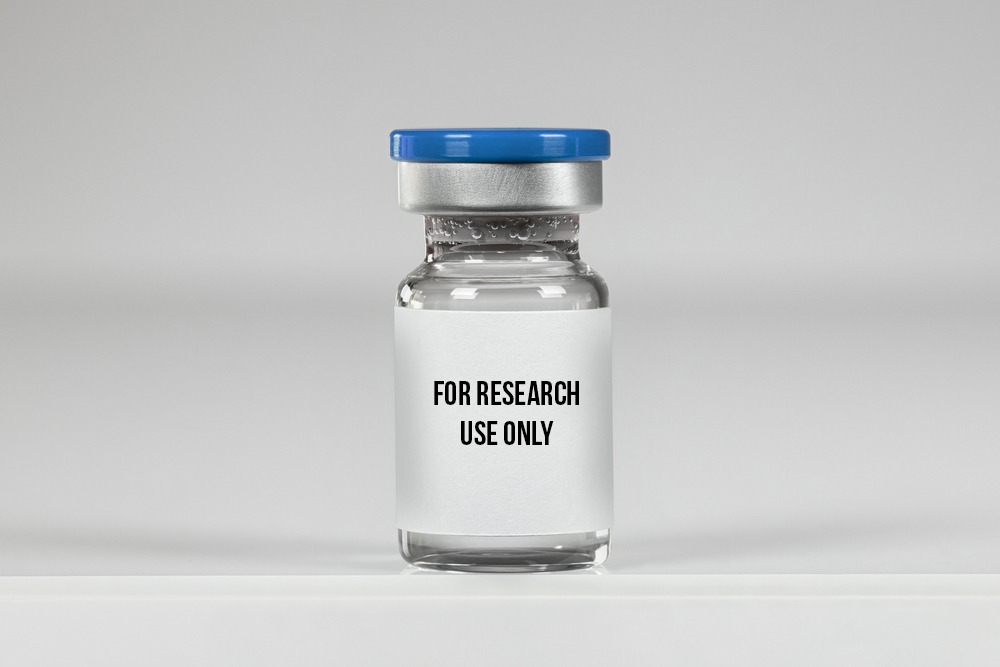
Research Chemicals: A Worrying Trend Putting Athletes at Risk
What are research chemicals or products advertised as “not for human consumption”, and how are they a risk for drug tested athletes?

Olympian Anna van Brummen Shares Advice after Positive Test
A longtime fencer, Olympian, and Princeton University graduate, Anna van Brummen has been familiar with and committed to clean sport for many years. She checks
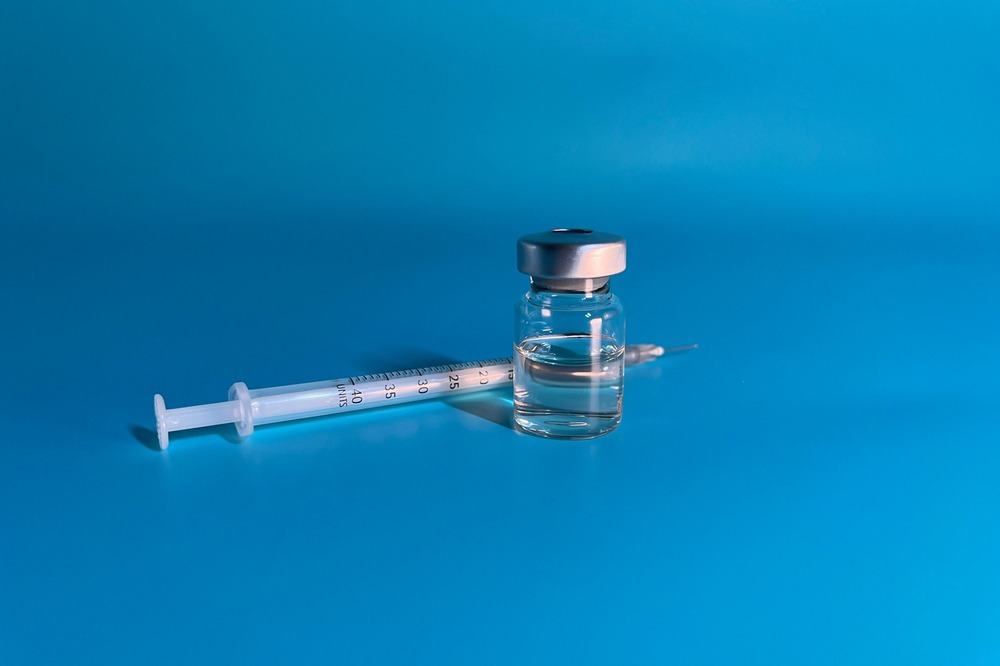
What is the MOTS-c peptide?
Athletes should be wary of experimental peptides, including the prohibited MOTS-c, which can be found on websites with the label “for research purposes only.”

Can Nutrition Really Enhance Performance?
A look at the nutrition options that are touted to enhance performance and if they are really worth considering for athletes.

Olympian Anna van Brummen Shares Advice after Positive Test
A longtime fencer, Olympian, and Princeton University graduate, Anna van Brummen has been familiar with and committed to clean sport for many years. She checks

Paralympian Desmond Jackson on Why Diligence Matters
Desmond Jackson took a pill from his coach, no questions asked. What happened that day would change the course of his athletic career and life.

Taking a Stand for Clean Sport as an Active Athlete
Lilly King explains how she hopes to inspire and help more active athletes take a stand for clean sport at the peak of their influence in sport.

Moving Forward: Kara Goucher’s Ongoing Fight for Clean Sport
Kara Goucher speaks about her ongoing fight for clean sport and why it’s important for all those who believe in the integrity of sport to take a stand.
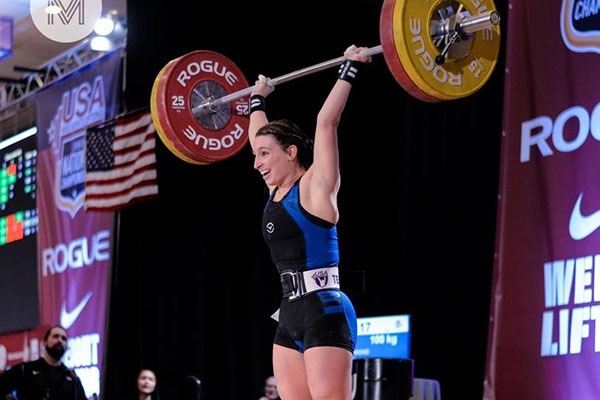
Abby Raymond: Supplement Safety is Never Guaranteed
See Abby Raymond tell her story about how a contaminated supplement put her hard work, reputation, and goals in jeopardy.
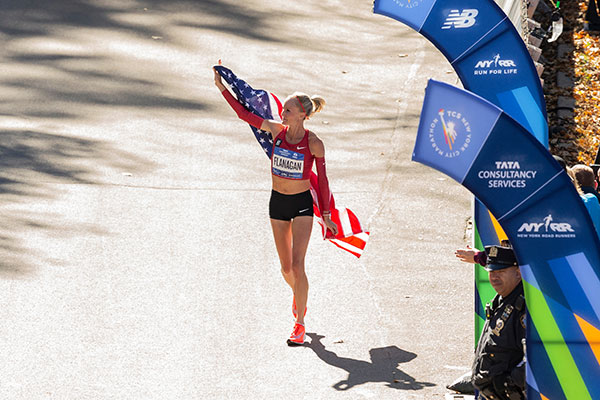
Shalane Flanagan: Losing Big Moments to Dopers
A four-time Olympian, Olympic silver medalist, and New York City Marathon winner, Shalane Flanagan has had a wildly successful career in track and field and could have even more accolades to her name and priceless moments in her memory…if not for athletes who’ve used performance-enhancing drugs to gain an advantage in sport.

Athlete Advisory: Always Verify Third-Party Certified Logos on Dietary Supplements
Third-party certification logos on dietary supplement labels are being misused, and you can’t rely only on the presence of third-party certification logos.

What Athletes Need to Know About Exosomes
Answers to some commonly asked questions about therapies involving extracellular vesicles, such as stem cell exosomes.

Research Chemicals: A Worrying Trend Putting Athletes at Risk
What are research chemicals or products advertised as “not for human consumption”, and how are they a risk for drug tested athletes?

What is the MOTS-c peptide?
Athletes should be wary of experimental peptides, including the prohibited MOTS-c, which can be found on websites with the label “for research purposes only.”

Can Hemp Products Cause a Positive Anti-Doping Test?
Here’s what athletes need to know about hemp products and the risk of testing positive from those products.

What is a Health Professional’s Role in Anti-Doping?
Learn the roles and responsibilities that health professionals have when it comes to clean sport and anti-doping responsibilities.

Can Nutrition Really Enhance Performance?
A look at the nutrition options that are touted to enhance performance and if they are really worth considering for athletes.

When Should Athletes Consume Fiber?
Getting adequate amounts of fiber in the diet is critical for a variety of reasons: digestive health, immune function, and long-term chronic disease prevention.

How Should I Adjust My Nutrition Habits in The Offseason?
The offseason can be a great time for athletes to adjust their nutrition habits by embracing more foods and in different quantities.

Nutrient Timing: How do I Space Out Meals Around Training?
There is a lot that goes into effective nutrient timing, but here, we will explain some of the core principles and some possible applications.

Expert Tips for Fueling During Training
In this article, we share the truth about detox diets and when athletes should become aware of the potential harms.

Detox Diets: Are They Worth the Hype?
In this article, we share the truth about detox diets and when athletes should become aware of the potential harms.

Substance Profile: Caffeine
Caffeine is currently on WADA’s monitoring list which means it is not prohibited but it may become an anti-doping issue in the future.

Substance Profile: Spironolactone is Prohibited in Sport
Subject to anti-doping rules? always check the prohibited status of medications, even if prescribed for a condition unrelated to athletic performance.

Dried Blood Spot (DBS) Testing – Athlete Q & A
USADA has launched a pilot program for a new blood collection process designed to improve the athlete experience, enable more blood collections, and increase sample longevity.

The Role of Science in Anti-Doping
Science plays a crucial role in in the fight for clean sport and USADA’s team of experts play a major role in applying and growing the field of anti-doping science, which brings together toxicology, pharmacology, clinical chemistry, and biological sciences.

Protecting Athletes and Consumers: USADA’s Fight Against Supplement Risks
By supporting legislation and initiatives to protect athletes and consumers, USADA has demonstrated its commitment to educate athletes & consumers about supplement risks.
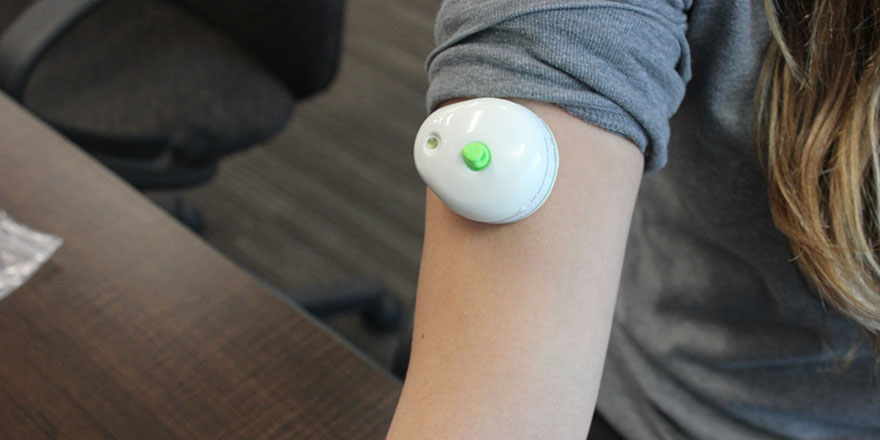
DCO Insights: TAP Testing at the Boston Marathon
USADA Doping Control Officers share their experiences with the TAP device, athletes’ feedback on the new blood collection process, and what the device means for clean sport.
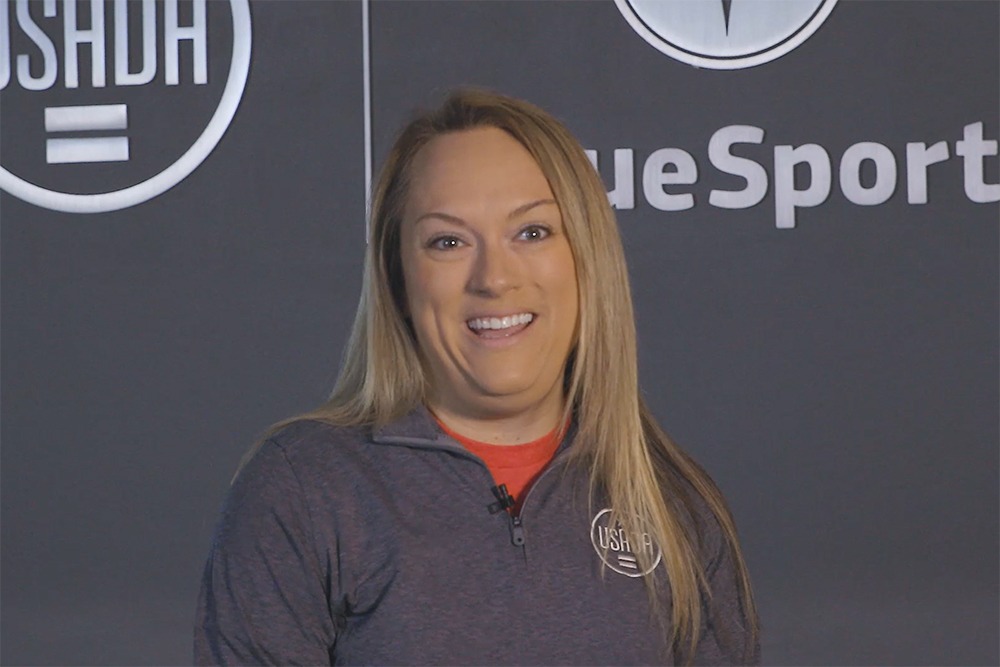
Meet Carissa Gump: Olympian and Anti-Doping Education Athlete Presenter
Carissa Gump is working to ensure a level playing field for the next generation of athletes by serving as an Anti-Doping Education Athlete Presenter for USADA.
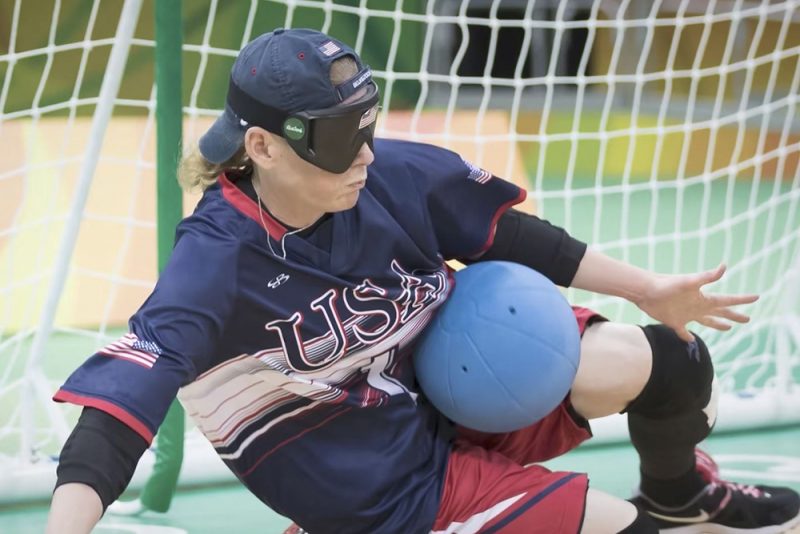
Meet Jen Armbruster: Paralympic Medalist and Anti-Doping Education Athlete Presenter
Paralympian Jen Armbruster joins USADA to help educate the current generation of athletes about why it matters to compete the right way.

Meet Derrick Adkins: Olympic Hurdler and Anti-Doping Education Athlete Presenter
Olympian Derrick Adkins joins USADA to help educate the current generation of athletes about why it matters to compete the right way.

Meet Nzingha Prescod: Two-Time Olympic Fencer and Anti-Doping Education Athlete Presenter
Olympic fencer Nzingha Prescod, will draw on her experience to explain the importance of anti-doping rules to today’s athletes.
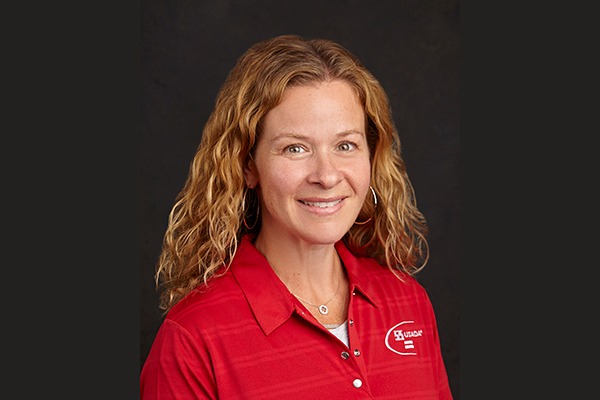
Q&A with USADA DCO Ann Miller: What are Chaperones?
In this interview, USADA Doping Control Officer (DCO) Ann Miller explains the role and importance of chaperones in the testing process.
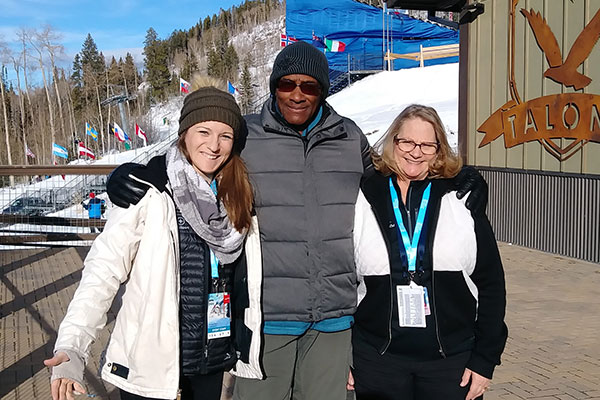
USADA Staff Take on Dual Roles to Better Understand the Athlete Experience
USADA has launched a program that gives office staff members the opportunity to also work as Doping Control Officers (DCOs).



